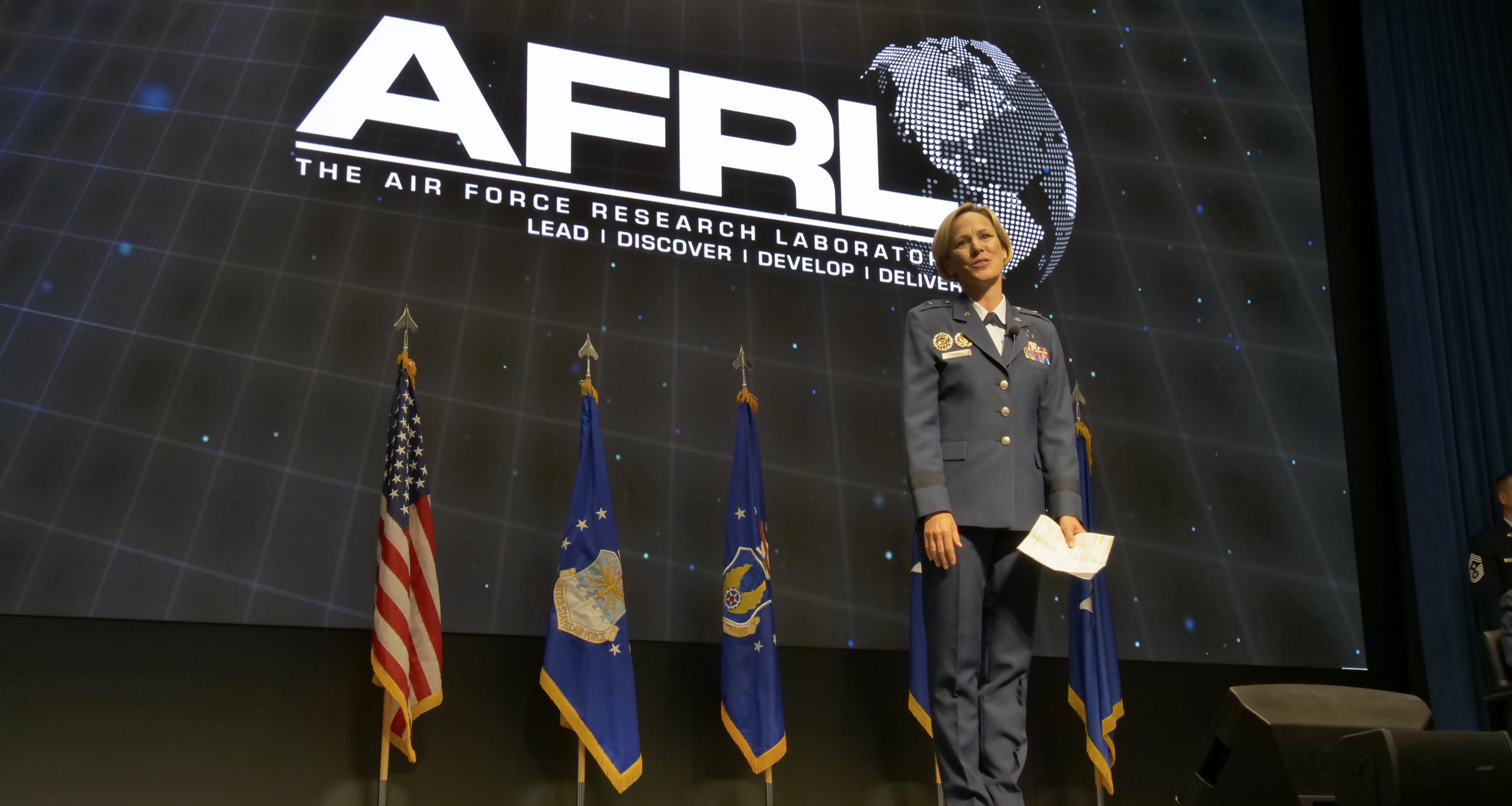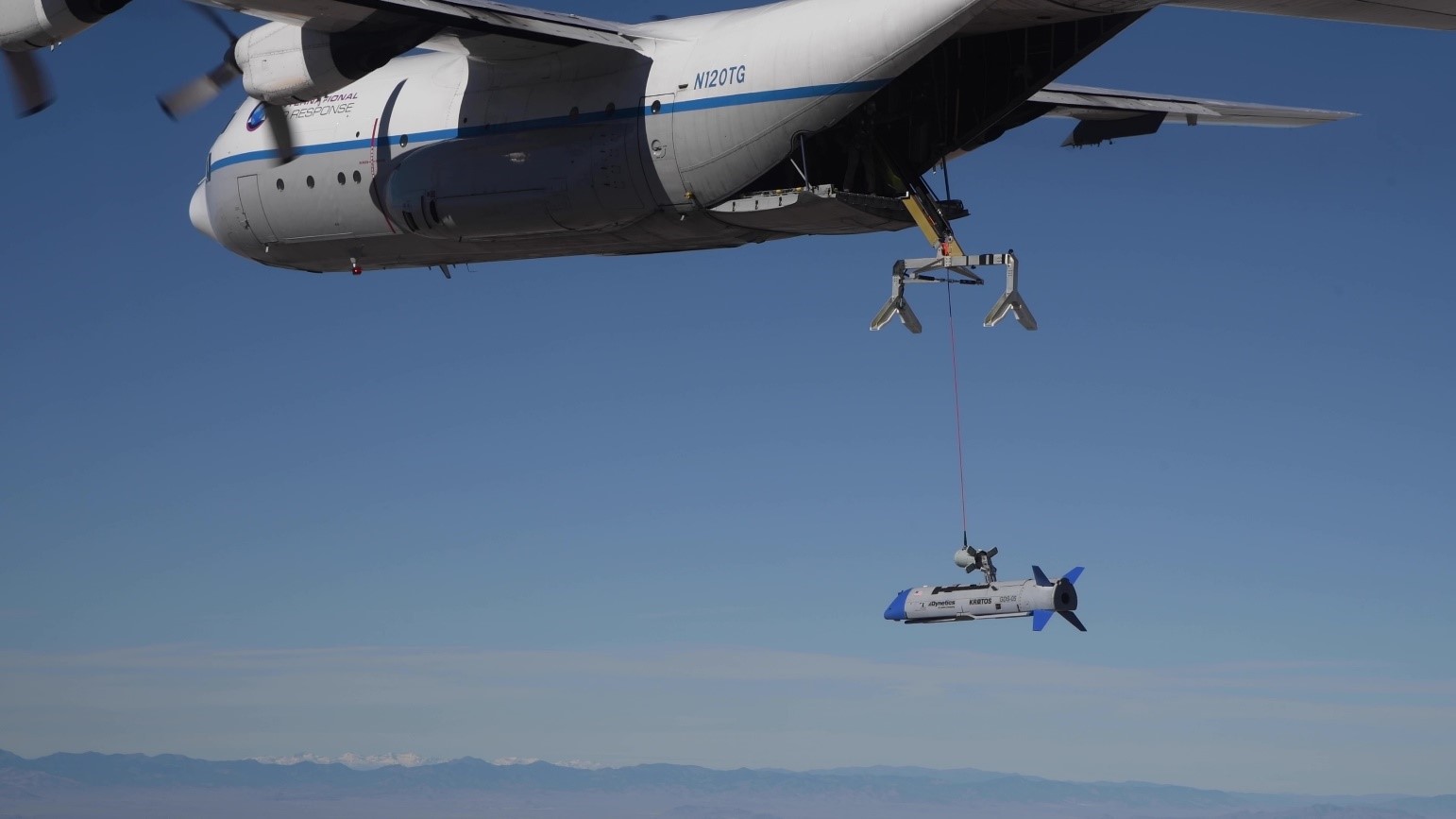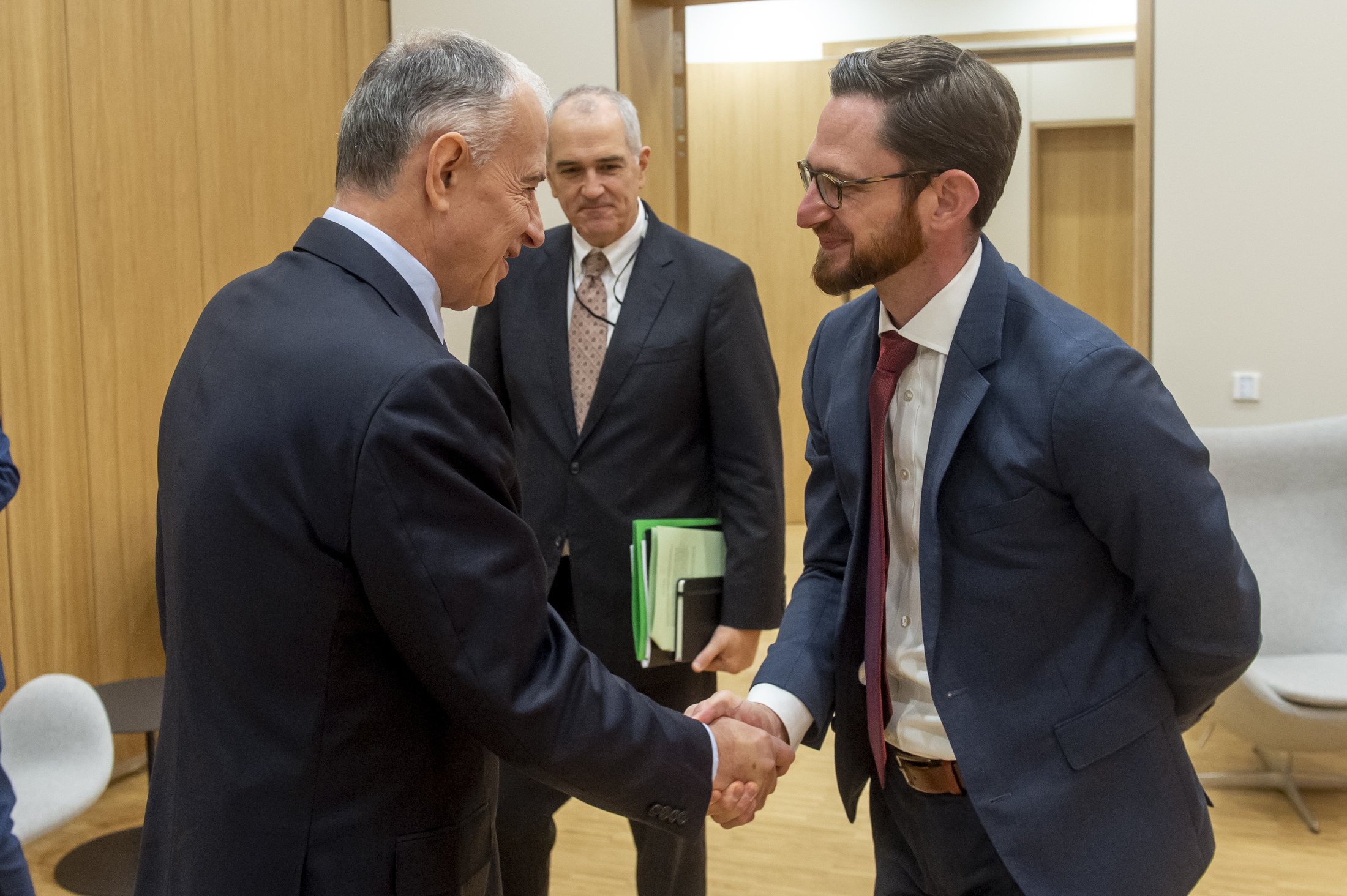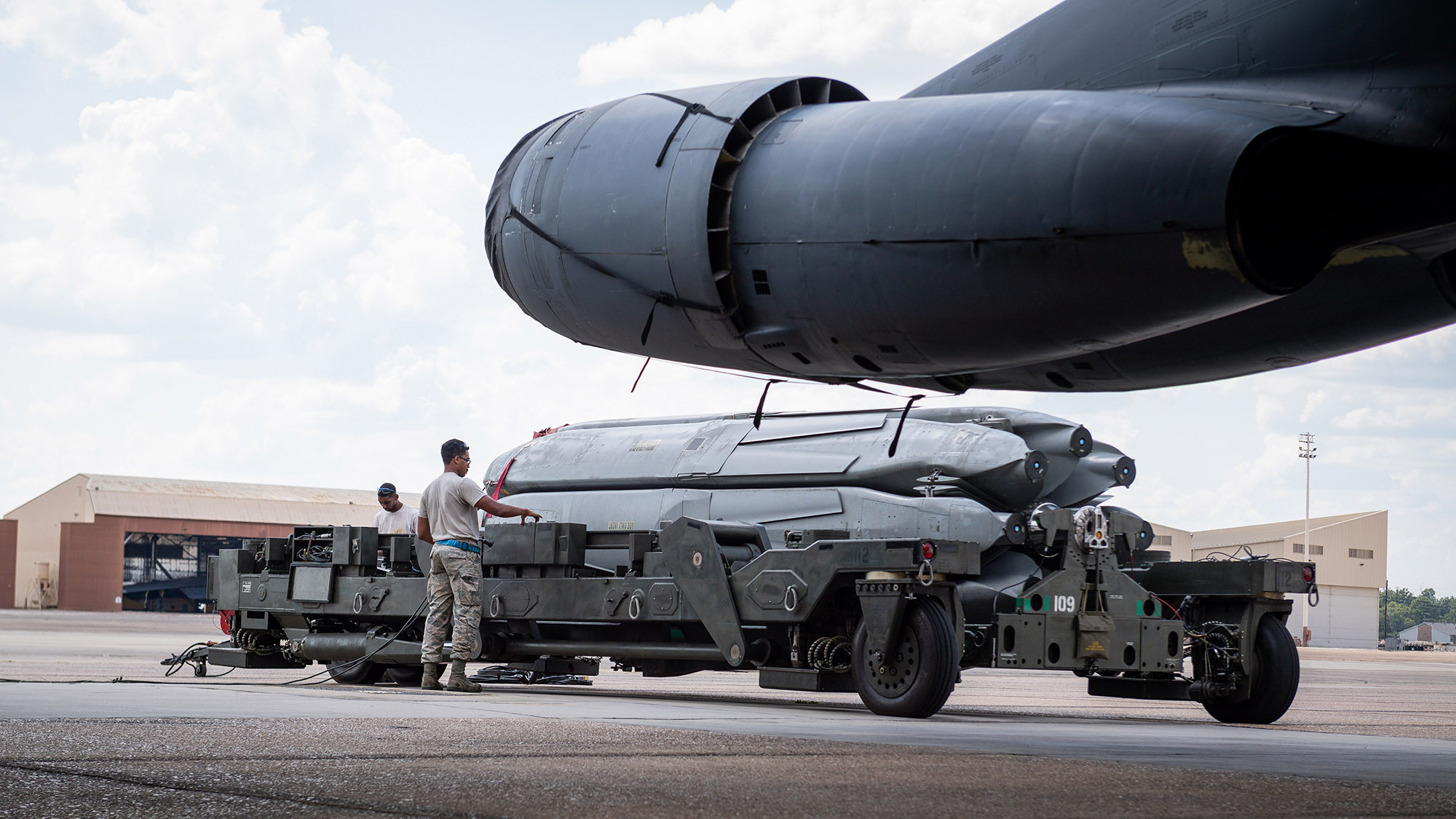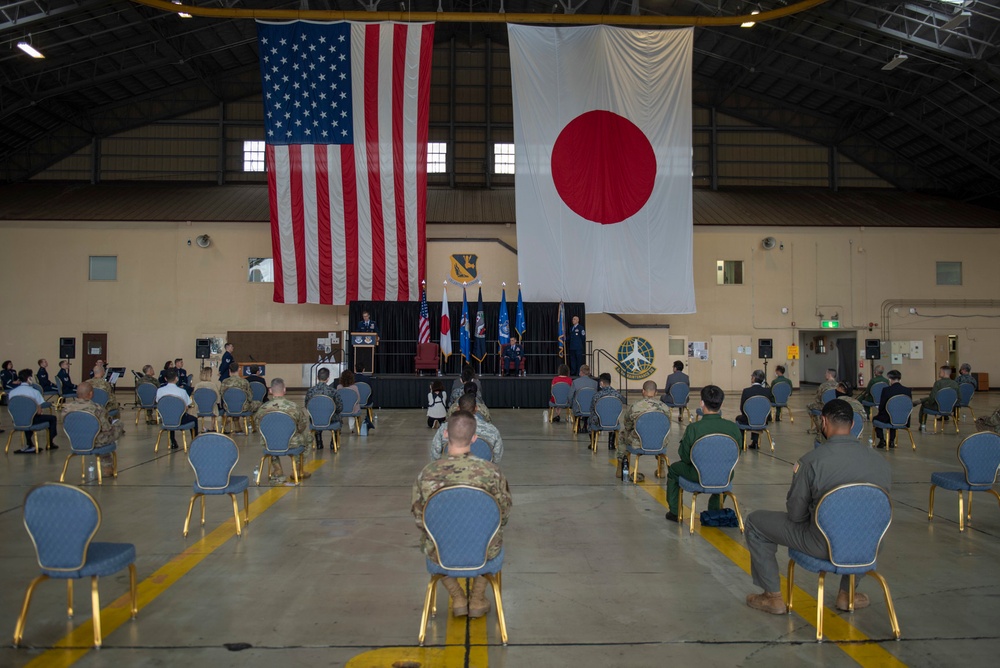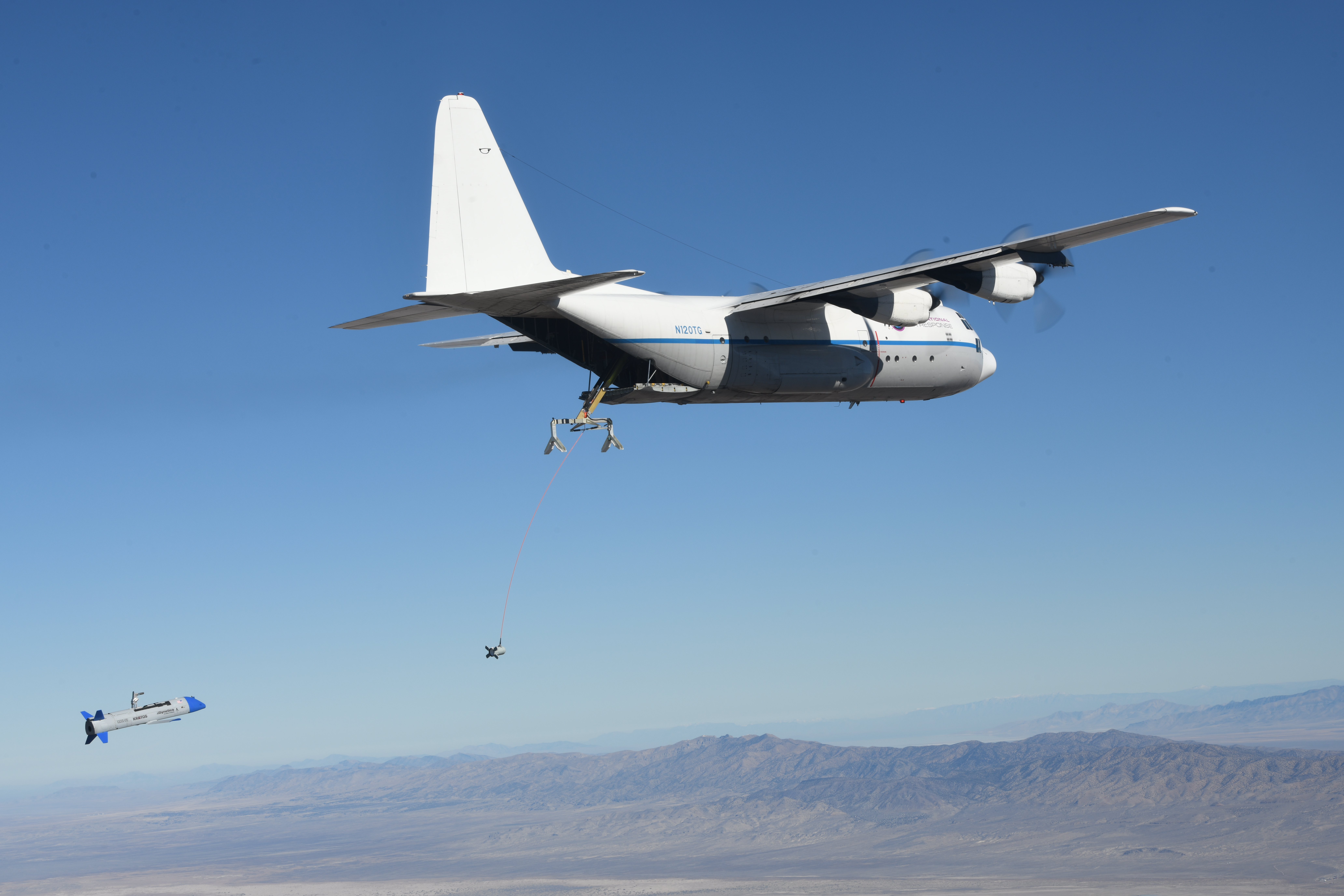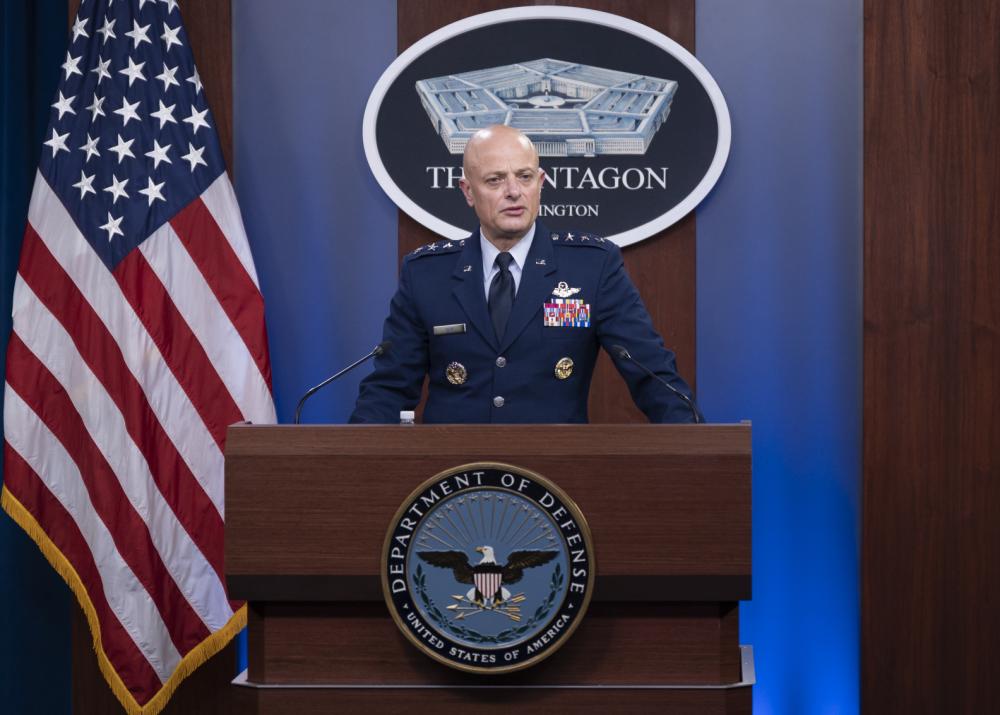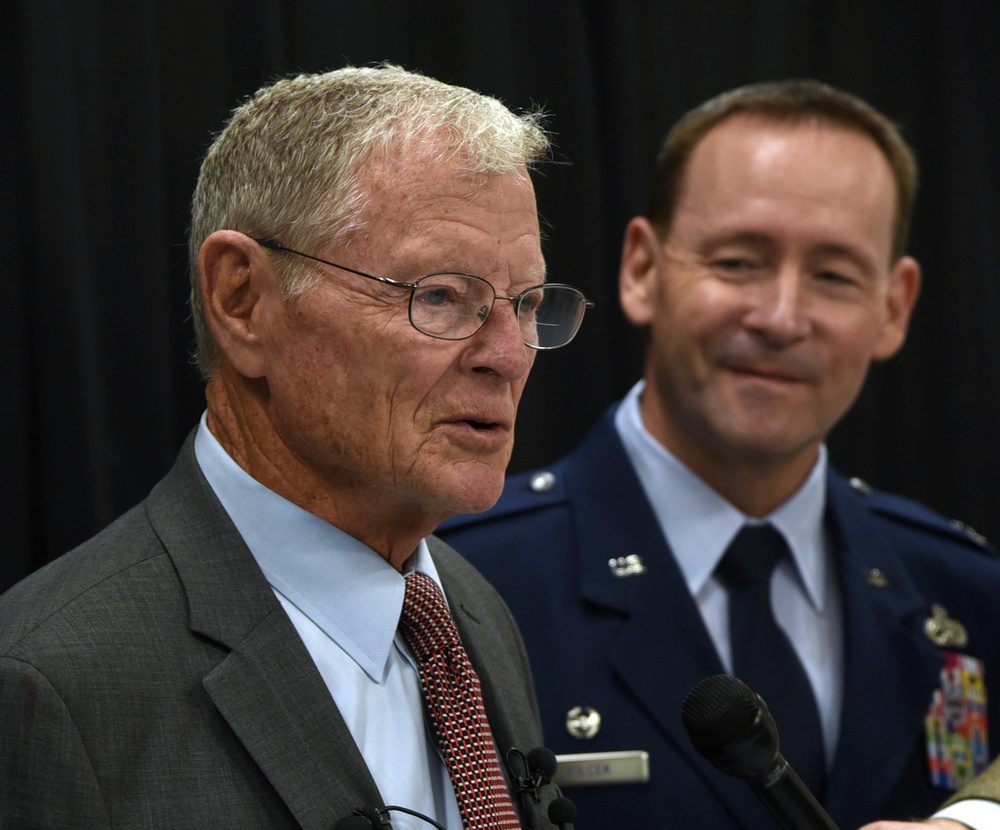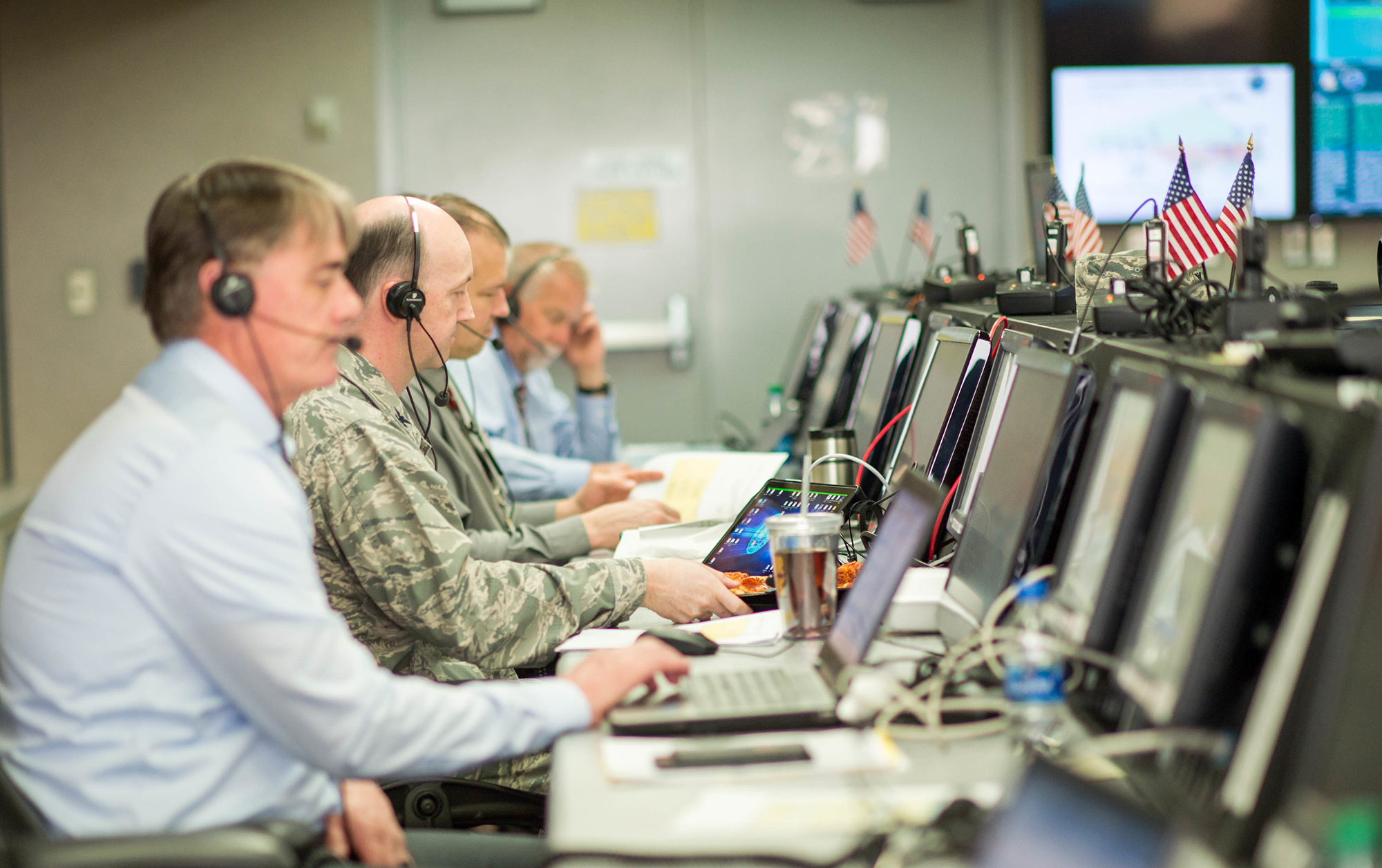The Air Force Research Laboratory is using Google Workspace to collaborate with its “worldwide network of research partners” in a pilot program that has already “dramatically enhanced engagement,” while reportedly saving researchers an average of three hours a week, according to AFRL.
Google Workspace links together Google Cloud’s apps—Docs, Sheets, Chat, Meet, and the like. The company said when launching Google Workspace in October 2020 that it knewmany workplaces were “implementing a mix of remote and in-person work environments” and the apps had “become more integrated, so much so that the lines between our apps have started to disappear.”
“Our mantra is ‘collaborate to innovate,’” AFRL Commander Maj. Gen. Heather L. Pringle said in the release. “We want our alpha nerds to be very connected, and we really want to up their proficiency as a digital workforce.”
AFRL said the pilot is taking place “among a segment of its workforce of scientists and engineers.” The lab pointed out that it is a “global research enterprise” doing research ranging from “laser-guided optics enabling telescopes to see deeper into the universe than ever before, to fundamental science that has spawned innovation in quantum computing and artificial intelligence.”
It said collaborating with outside scientists, businesses, and other government agencies is essential to its strategy.
“AFRL teams are using integrated Google Workspace and cloud-based tools like Google Smart Canvas to simultaneously share, discuss, and chat about critical information—eliminating the toil of email chains and hours-long data file exchanges,” according to the release.
Several aspects of the pilot were unclear in a news release published Nov. 5 by AFRL, such as how much scientific work had taken place over Google Workspace since the pilot. AFRL did not provide comments on possible implications in connection with the Department of the Air Force’s Cloud One Program; whether any classified work is being done over Google Workspace; the extent of the initial deployment, such as total numbers of internal and external users; whether the lab was aware of other military organizations that had used the platform; or other options it may have tried or considered.
In addressing security, the lab cited safeguards including Google Workspace’s client-side encryption, which the company says has “made it easier to keep your files safe from prying eyes by using encryption keys that only you and the file collaborator would have access to.” AFRL said the security measures are “invisible to end users” and implied that the measures abide by Defense Information Systems Agency standards.
COVID-19 “significantly limited the physical presence of researchers,” said research physicist Joshua Kennedy in AFRL’s Materials and Manufacturing Directorate in the news release. “Google Workspace eliminated what would have otherwise been almost a total work stoppage. In fact, new insights into 2D nanomaterials, critical to future Department of the Air Force capabilities, were discovered using Workspace that would have otherwise been impossible.” The release did not elaborate on the discovery.
The release did mention that 240 researchers involved in the “preliminary deployment” of Google Workspace “revealed an average time savings of three hours per week” in a survey. “For AFRL’s highly trained workforce of PhDs, this means more time to dedicate to the mission,” it said.
